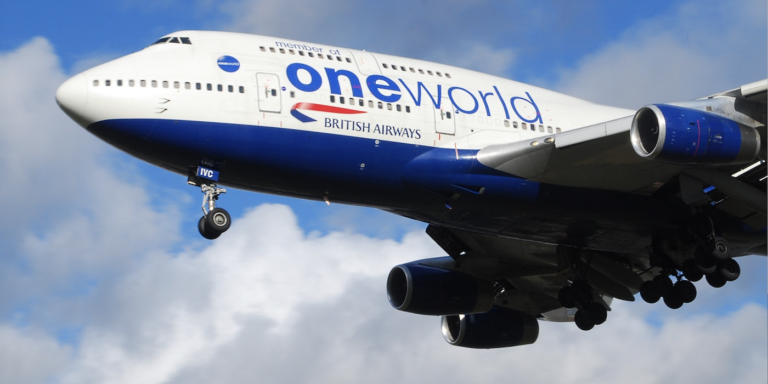The 13 members of the Oneworld airline alliance have committed to a common target of achieving net-zero carbon emissions by 2050. The member airlines plan to achieve this target within the existing environmental framework previously agreed to by governments, including through the International Civil Aviation Organisation (ICAO).
Each member airline will develop its own suitable approaches to reaching the emissions target, through initiatives such as efficiency measures, investments in sustainable aviation fuels and more fuel-efficient aircraft, reduction of waste and single-use plastics, and carbon offsets.
Several Oneworld airlines are already undertaking environmental sustainability initiatives. For example, IAG (the parent of member carriers British Airways and Iberia) was the first airline group to commit to net-zero carbon emissions by 2050. Japan Airlines and Qantas have also targeted net-zero carbon emissions by 2050, while Finnair aims to achieve carbon neutrality by 2045.
Several other initiatives, including the use of more sustainable materials, investing in more fuel-efficient aircraft and the development of sustainable aviation fuels are already in progress at many member airlines. British Airways, for example, is part of an initiative to turn household and commercial waste into renewable jet fuel. American Airlines has undertaken an extensive fleet replacement initiative that has brought in more than 500 new, more fuel-efficient aircraft into its fleet in place of less-efficient planes, and it has also begun adopting sustainable aviation fuel.
The net-zero carbon emissions target, together with other environmental and sustainability initiatives that Oneworld member airlines are collaborating on, are being led through a working group co-led by IAG Group’s head of sustainability, Jonathon Counsell, and Qantas’ executive manager for sustainability and future planet, David Young.
Oneworld chairman and Qantas Group CEO, Alan Joyce said: “The commitment of Oneworld member airlines to reach net-zero emissions by 2050 underlines the importance that we as an alliance have placed on becoming a more sustainable industry. Despite the challenges we are all facing amidst the Covid-19 pandemic, we have not lost sight of the responsibility we have to reduce emissions in the long term, and today’s announcement reflects the strength of that commitment.”





